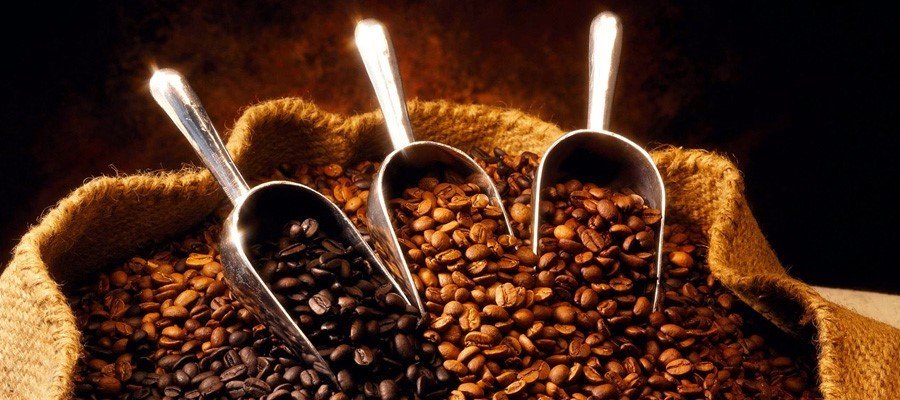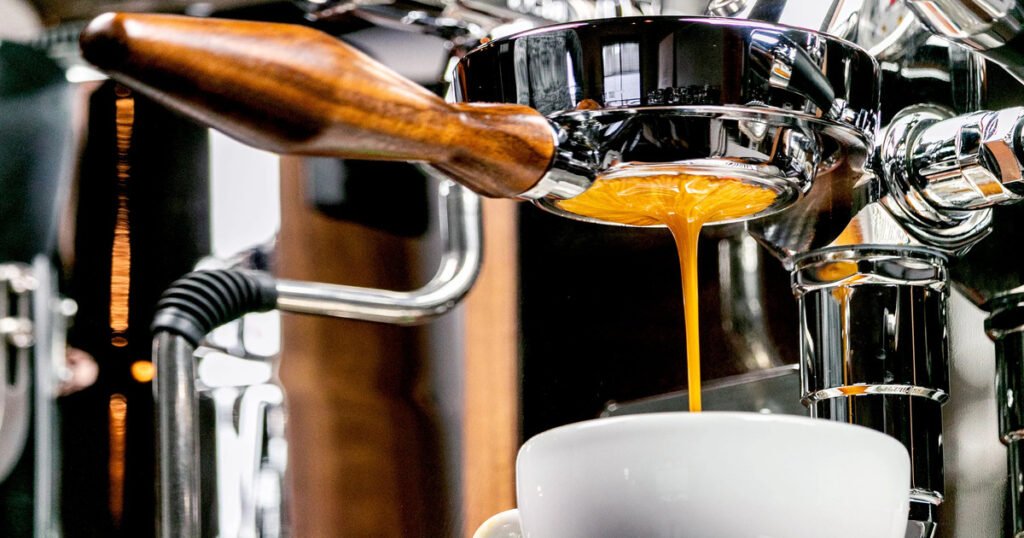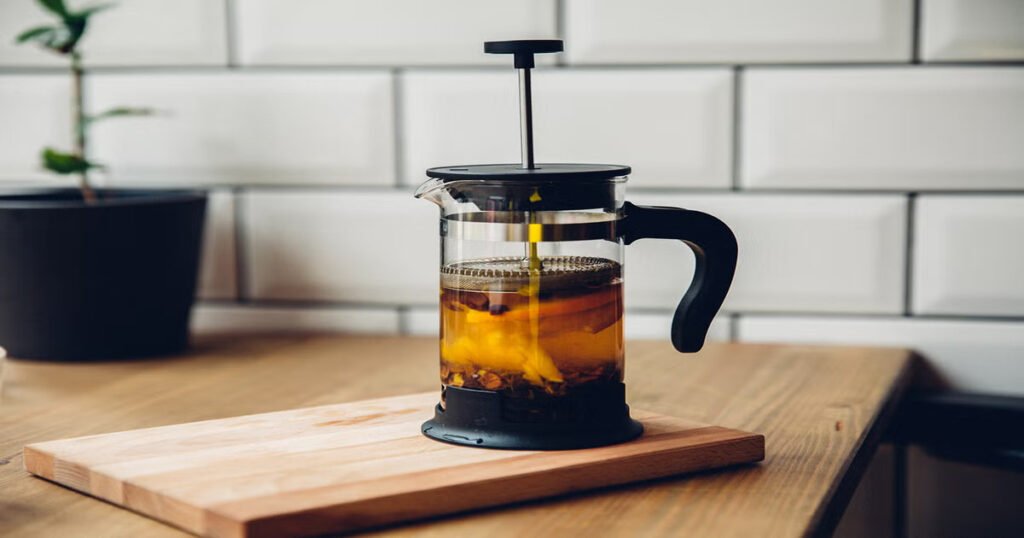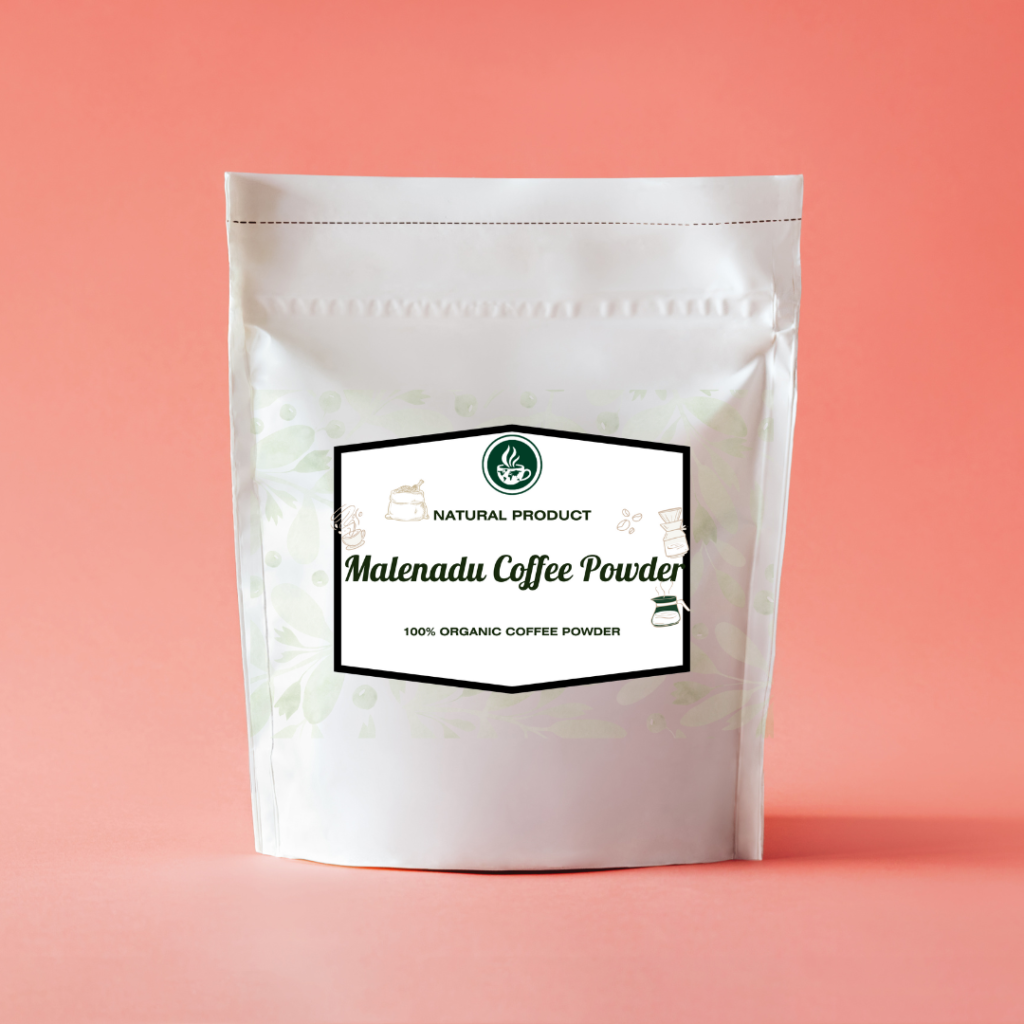Your cart is currently empty!

Coffee is more than just a beverage; it is a ritual, a culture, and for many, an indispensable part of daily life. When it comes to gourmet coffee, the experience transcends the ordinary, offering a luxurious taste that is crafted with precision and passion. In this article, we delve deep into the world of gourmet coffee, exploring its origins, what sets it apart, and how to best enjoy it. Whether you are a seasoned coffee aficionado or a curious newcomer, this guide will enrich your understanding and appreciation of this exquisite drink.
What is Gourmet Coffee?
Gourmet coffee enthusiasts source, roast, and prepare high-quality coffee with meticulous attention to detail. They often use premium beans grown in specific regions known for their ideal climate and soil conditions. Throughout the process from bean to cup, they carefully manage to preserve the unique flavors and characteristics of the coffee.
Key Characteristics of Gourmet Coffee
- High-Quality Beans: Often single-origin, ensuring traceability and consistency.
- Expert Roasting: Small batch roasting that enhances the bean’s natural flavors.
- Specialized Brewing: Techniques like pour-over, French press, and espresso are commonly used.
For those looking to experience gourmet coffee at its finest, Impulse Coffees offers a curated selection of premium beans that are sure to impress.
The Journey from Bean to Cup
Sourcing the Beans
The journey of gourmet coffee begins with the sourcing of high-quality beans. Regions such as Ethiopia, Colombia, and Costa Rica are renowned for their coffee cultivation. Each region imparts unique flavors to the beans, influenced by factors such as altitude, soil composition, and climate.

The Art of Roasting
An essential step in the process of manufacturing coffee is roasting. Gourmet coffee is often roasted in small batches to ensure precision and control. The roasting process can vary from light to dark, each level unlocking different flavor profiles.
Brewing Techniques
Brewing methods can significantly impact the taste of the coffee. Popular techniques include:
- Pour-Over: This method involves pouring hot water over ground coffee in a slow, circular motion, allowing for maximum extraction of flavors.
- French Press: Known for producing a rich and full-bodied coffee, this method involves steeping coarse coffee grounds in hot water before pressing them with a plunger.
- Espresso: A concentrated form of coffee, made by forcing hot water through finely-ground coffee beans at high pressure.



Gourmet Coffee in India
India has its own rich tradition of coffee cultivation, particularly in regions like Chikkamagalur. This area is celebrated for its lush landscapes and high-quality coffee beans. For an immersive experience, consider exploring Chikkamagalur 2024: A Journey Through Nature’s Paradise.
Gourmet Coffee Varieties
Arabica vs. Robusta
Robusta and Arabica coffee beans are the two most popular varieties. Arabica beans are prized for having less caffeine and smooth, nuanced flavors. Robusta beans, on the other hand, have a stronger, more bitter taste and higher caffeine content. Gourmet coffee primarily uses Arabica beans due to their superior flavor profile.
Specialty Blends
Gourmet coffee often features specialty blends that combine beans from different regions to create a unique flavor profile. For instance, Malenadu Coffee Powder 75% Coffee 25% Chicory offers a distinctive taste that blends the robust flavor of chicory with the richness of coffee.
Monsoon Sale
Up to 60% off
Get your favorite Malenadu coffee powder


Tasting Notes and Flavor Profiles
One of the joys of gourmet coffee is discovering the diverse range of flavors that different beans can offer. Tasting notes can include fruity, floral, nutty, and even chocolatey undertones. Here are some common flavor profiles:
- Fruity: Beans from Ethiopia often have bright, fruity flavors with hints of blueberry or citrus.
- Nutty: Colombian beans may exhibit a nutty taste with a smooth finish.
- Floral: Coffee from Kenya is known for its floral aroma and vibrant acidity.
Brewing Gourmet Coffee at Home
Equipment Essentials
To brew gourmet coffee at home, you will need some essential equipment:
- Grinder: A good quality burr grinder ensures a consistent grind size.
- Scale: Accurate measurements are crucial for the perfect brew.
- Kettle: A gooseneck kettle allows for precise pouring, especially for pour-over methods.
- Brewing Device: Options include a French press, pour-over dripper, or espresso machine.
Step-by-Step Brewing Guide
- Measure and Grind: Use a scale to measure your coffee beans and grind them to the appropriate size for your brewing method.
- Heat Water: Heat water to the optimal temperature, usually between 195°F and 205°F.
- Prepare the Brewer: Set up your brewing device and add the coffee grounds.
- Pour and Brew: For pour-over, pour water in a slow, circular motion. For French press, add hot water and let it steep before pressing the plunger.
- Enjoy: Pour your freshly brewed coffee into a cup and savor the flavors.
For a detailed guide on finding the best local coffee, check out Coffee Near Me: Discovering the Best Brew in Your Area.
Gourmet Coffee and Health Benefits
Gourmet coffee not only delights the palate but also offers several health benefits:
- Rich in Antioxidants: Coffee’s abundance of antioxidants aids the body’s defense against free radicals.
- Boosts Metabolism: The caffeine in coffee can enhance metabolic rate and fat burning.
- Improves Cognitive Function: Regular coffee consumption is linked to improved memory and mental alertness.
For a perfect blend that combines health and taste, try Malenadu Coffee Powder 80% Coffee 20% Chicory.
Gourmet Coffee and Food Pairings
Pairing gourmet coffee with the right food can elevate the tasting experience. Here are some popular pairings:
- Dark Chocolate: The rich, bitter taste of dark chocolate complements the complex flavors of coffee.
- Cheese: Soft cheeses like Brie or Camembert pair well with the acidity of coffee.
- Pastries: Croissants and muffins are classic choices that enhance the coffee experience.
Exploring Coffee Destinations
Traveling to coffee-growing regions can be an enlightening experience. Visiting plantations, meeting local farmers, and tasting fresh brews right at the source can deepen your appreciation for gourmet coffee. For those planning a trip, Waterfalls in Karnataka: Top Spots to Visit in 2024 offers a great itinerary that combines nature and coffee exploration.
Sustainable Coffee Practices
Sustainability is a key aspect of gourmet coffee. Many producers are dedicated to using eco-friendly methods, like:
- Shade-Grown Coffee: Cultivating coffee under the canopy of trees to preserve biodiversity.
- Fair Trade: Ensuring fair wages and working conditions for coffee farmers.
- Organic Farming: Avoiding the use of synthetic pesticides and fertilizers.
By choosing gourmet coffee from sustainable sources, you support ethical practices and contribute to the well-being of coffee-growing communities.
Conclusion
Gourmet coffee is more than just a drink; it is an experience that encompasses quality, flavor, and tradition. From the careful selection of beans to the art of roasting and brewing, each step is crucial in creating a cup of coffee that stands out. Whether you are exploring the rich coffee culture of Karnataka or enjoying a meticulously brewed cup at home, gourmet coffee offers a journey of taste and discovery.
For those looking to enhance their coffee experience, explore our range of premium coffee products, including Malenadu Coffee Powder 60% Coffee 40% Chicory.
Don’t miss out on the latest updates and travel tips by reading our blog posts like Monsoon 2024: Navigating Karnataka’s Rainy Season.
Follow us:
Subscribe with us and get a free sample:




Leave a Reply